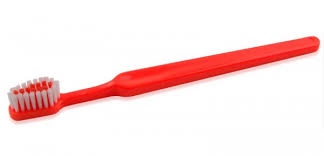5 Tips on Recovering well from Oral Surgery

Take Surgeon/Dentist Recommended Medications
-
If you’re prescribed an antibiotic to take after the surgery — take it!
-
These can be crucial to ensuring the area doesn’t get infected.
-
If your doctor doesn’t prescribe you a prescription painkiller, ask them if over-the-counter painkillers such as Ibuprofen are safe to take.
-
Avoid aspirin, because it thins the blood and can cause bleeding from the mouth.

Stick to a Diet of Soft/Liquid Foods
-
The vast majority of oral surgeries will make hard foods painful to eat for a few days following the procedure.
-
For the days after the surgery it is usually recommended to stick to a strictly soft/liquid food diet.

Avoid Brushing the Treated Area (Unless Instructed Otherwise)
-
Though you might be tempted more than usual to take good care of an area that was recently treated (especially if it was due to tooth decay or gum disease), it is generally best to let the area heal.
-
If you brush the area too much you might cause bleeding and remove any stitches or blood clots that are necessary for the healing process.
-
You can and are often encouraged to rinse with salt water to keep your mouth clean after oral surgery.

Rest!
-
Resting is the most effective tool for getting yourself back to work or school as quickly as possible.
-
Though it varies from procedure to procedure, it is generally recommended you take the rest of the day off after a procedure, and dependent on doctor’s orders, work from home or rest more the next few days.

Follow Doctor’s Orders
-
This is probably obvious, but they’re the medical professionals.
-
Following their instructions can only work to speed up your recovery and ensure the treatment begins to work as planned.
